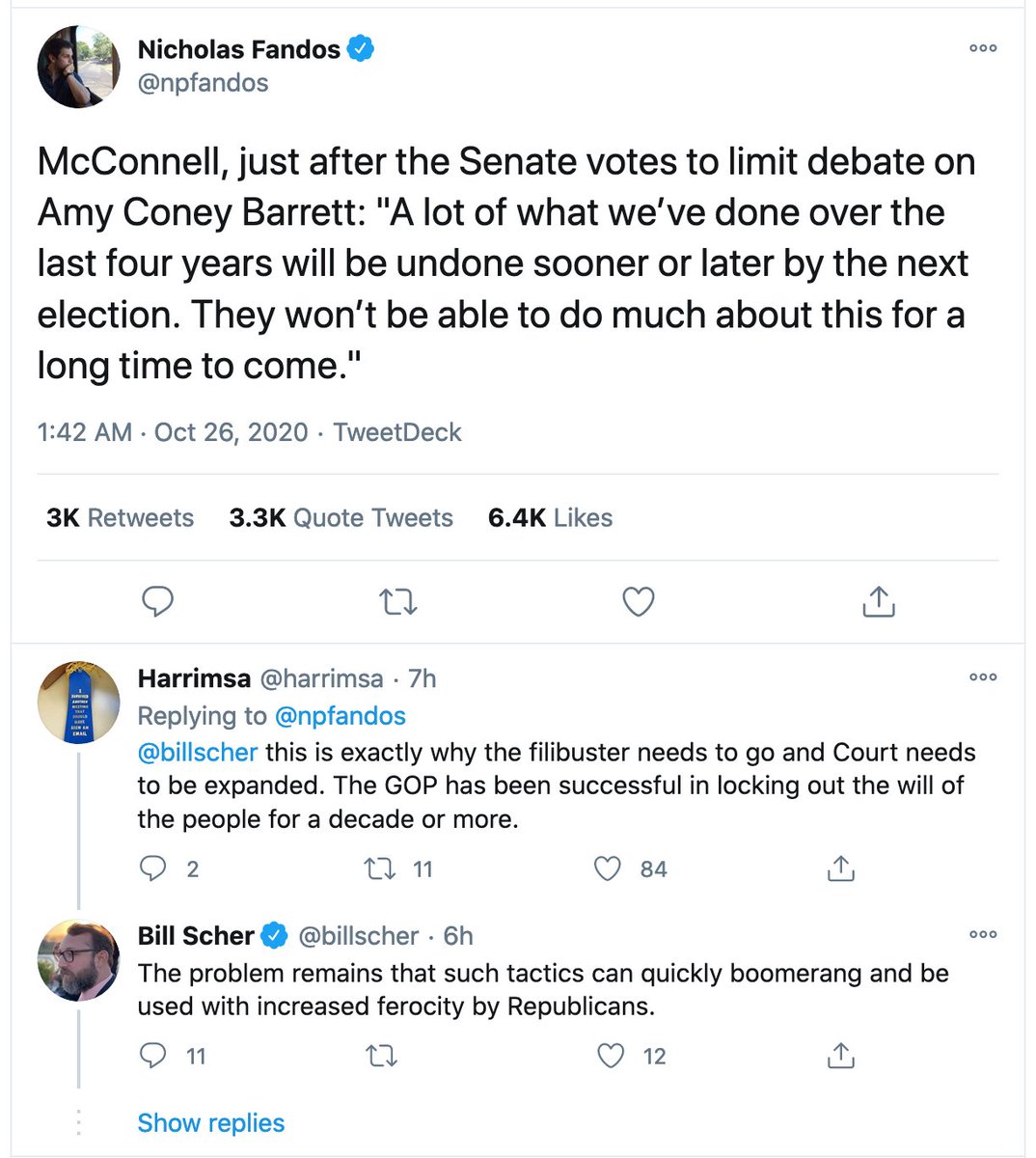
I think Joni Mitchell is the single most underappreciated figure in folk/rock history. I made a joke about this once, posting something like 'hey, you know who was actually pretty good - Joni Mitchell!' And I got dogpiled by folks who failed to detect, you know, complex irony.
https://twitter.com/paranoiacs/status/1323495518887157762
I got lectured all 'Joni Mitchell is a genius and everyone who isn't an idiot knows it!' which is 110% true. As was my due. But it's true. Her solid enough reputation is tiny beside this incredible back catalogue of stupefyingly original works of unearthly beauty.
One third of the tracks on any of the better albums are sui generis. At least utterly unlike anyone who isn't Joni. (It's true she repeats herself, even at her most original. But she is, presumably, biologically human.)
Liz Phair doesn't sound like her - though point granted. Few folkies or rockers could chase her jazzy heights, and not many jazz musicians could sometimes do it so pure and simple. Joni chords and that voice. Well, anyway, we have an election to win. As you were.
OK, one more. Seems like she didn't want to chase rock stardom past a point. And she was too Joni to imitate. Hence her influence is not commensurate with her genius.
• • •
Missing some Tweet in this thread? You can try to
force a refresh




